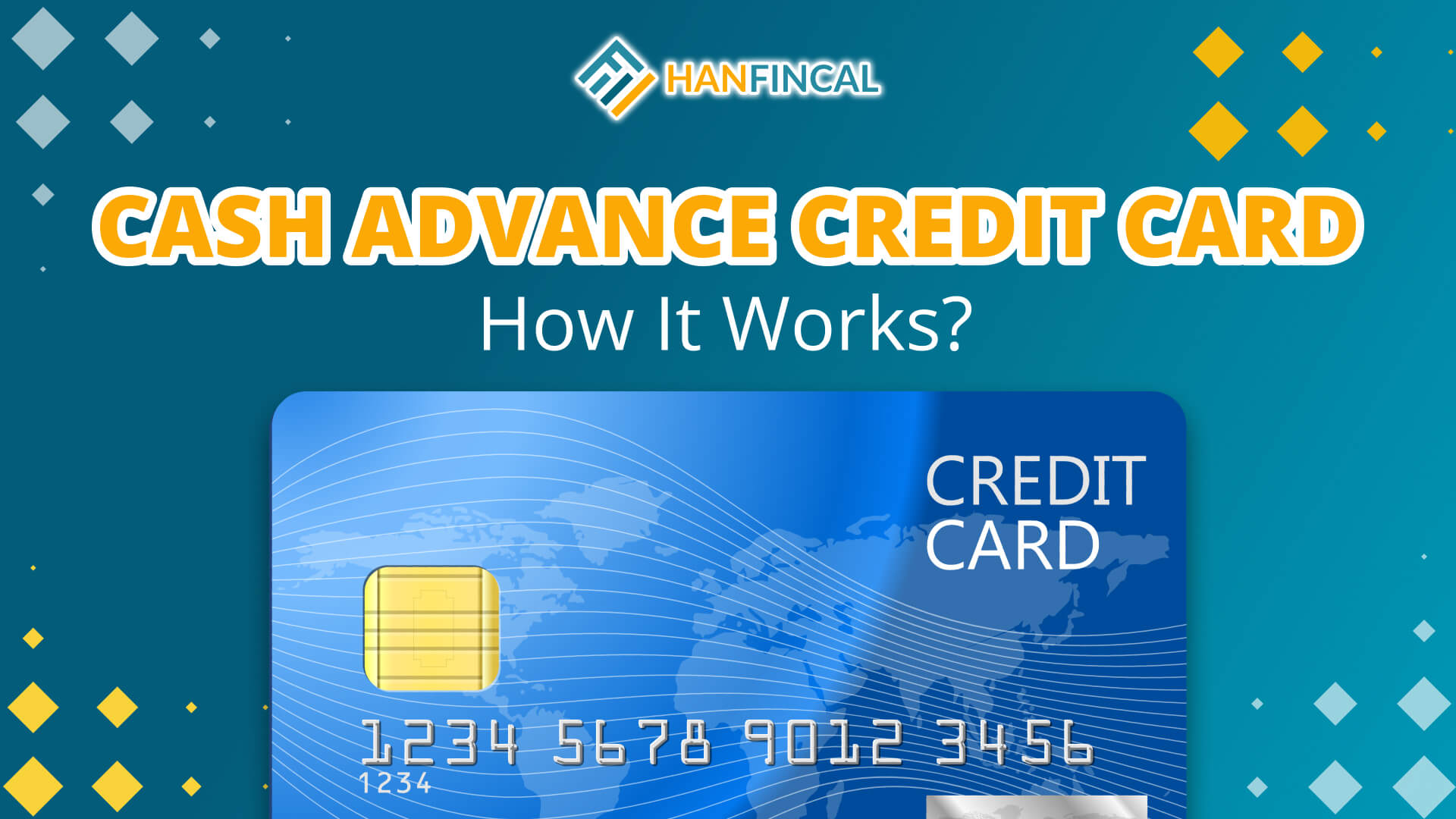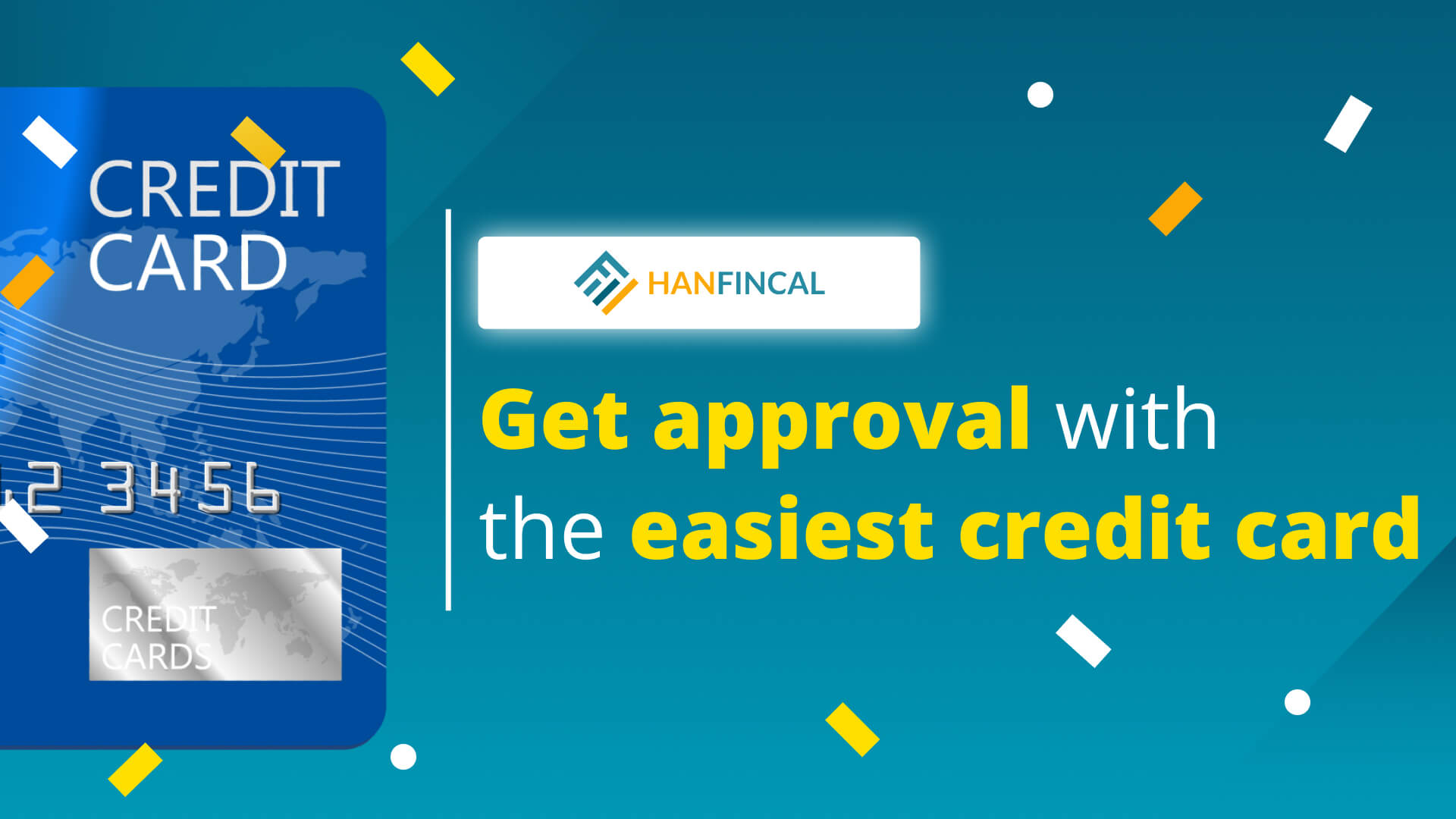Consolidate credit card debt is an innovative solution for those who have a lot of small debts and can’t keep track of and control all of their monthly payments on time. Multiple debts are combined into a single, larger debt, such as a loan, with more favorable payoff terms, like a lower interest rate, a lower monthly payment, or both. Hanfincal believes that this movement is one of the most considerable things you should not overlook. Come and discover now.
1. 7 Ways to consolidate credit card debt

Ways to consolidate credit card debt
1.1. A balance transfer credit cards
- Pros:
-
- An 0% introductory APR on balance transfer credit for eighteen months so that the balance does not accrue any additional interest. These cards are serving as rewards and help you save a bunk of dollars in interest payments.
- You can transfer more than one credit card balance to the new card (the total does not exceed your credit limit), and you may even be able to transfer a family member’s balance to assist them.
- Cons:
-
- Typically requires good to excellent credit.
- If you take on too much debt, you may easily exceed the balance transfer credit limit, leaving you with another credit card to manage.
- Most cards also charge a 3% balance transfer credit card fee unless you choose a no-fee option.
- The credit limit and being limited is offered only the intro period before interest begins to accrue.
1.2. Consolidate credit card debt with a personal loan
Debt consolidation with personal loans can be a good idea to get a new loan with both a lower interest rate and better terms than your current debt. Your credit score, income, and other financial factors will determine whether you qualify for a consolidation loan.
- Pros:
-
- These loans may have interest rates lower than other types of debt.
- Your monthly payment is not changed because you have a fixed interest rate.
- APRs are low for people with good to excellent credit.
- Some lenders offer direct payment to creditors.
- Repayment term according to the terms of your loan agreement.
- Improve your credit scores if it results in a lower credit utilization rate and more on-time payments.
- Cons:
-
- Extending your repayment period for too long may cost you more money.
- It is difficult to obtain a low-interest rate with bad credit.
- Application fees, origination fees, and prepayment penalties are common features of some loans.
- Membership in a credit union is required to apply.
- You may end up jeopardizing your assets.
Struggling with credit cards? Immediate relief awaits! Answer a few questions to qualify for personalized assistance.
1.3. Ask a friend or family member for help
If you go this route, build your strong creditworthiness by ensuring the loan terms and repayment plan are clearly outlined, just like they would be if you were getting a loan from a financial institution.
- Pros:
-
- When you borrow money from those who are your friends, best partners or family members, you don’t have to meet any minimum eligibility requirements, and you may be able to get a lower interest rate than you would from a bank or credit union.
- Cons:
-
- There is no friend, loved one, or soulmate when it comes to money. So, borrowing money from someone you know can be difficult because it can strain your relationship. Furthermore, if you cannot repay the loan on time, you may jeopardize their financial situation.
1.4. Consider 401(k) savings
If you get an employer-sponsored retirement account from your employer, such as a 401(k), taking a loan from it is not recommended because it can significantly impact your retirement.
These personal loans will not appear on your credit report, so they will not affect your credit score. However, if you cannot repay, you will be subject to a steep penalty and taxes on the unpaid balance, and you may be saddled with even more debt.
- Pros:
-
- There is no effect on your credit score.
- Interest rates are less than on unsecured loans.
- Cons:
-
- If you cannot repay, you will face severe penalties and fees.
- It has the potential to deplete your retirement savings.
- If you lose or leave your job, you may have to repay your loan quickly.
1.5. Credit card debt consolidation loans programs
It is usually a service that combines several loans into a single payment. Therefore, you can reduce the size of your monthly payment. Some programs may require you to close some or all of the cards you’re consolidating, so double-check if you want to keep your cards.
- Pros:
-
- You make a single payment rather than multiple payments.
- Debt interest rates are reduced, and various fees are eliminated, such as late fees.
- Cons:
- It may take you longer to pay off your debt.
- 670 is the minimum credit score.
Looking for a quick loan solution? Apply, qualify, and receive funds promptly. Easy, secure, and efficient.
1.6. Second mortgage or Home equity loan
Why are you not abusing your own home? If the value of your home has increased over time or if the balance has been paid down significantly, using it to consolidate your debts could be an option. Taking out a second mortgage or utilizing a home equity line of credit (HELOC) effectively means using your home as collateral to pay off other debts.
- Pros:
-
- The interest rate is frequently lower than that of a personal loan.
- Lower monthly payments or avoid higher interest rates.
- You may be able to pay down the balance more quickly.
- Cons:
- You may incur additional mortgage-related costs.
- There may also be tax implications.
- Secured with your home, which you may lose if you fail to pay.
1.7. A debt management plan
Debt management plans combine several debts into a monthly payment with a lower interest rate. It is best suited for people who struggle to pay off credit card debt but cannot do so due to a low credit score.
Unlike some credit card consolidation options, debt management plans do not affect your credit score. If your debt exceeds 40% of your income and cannot be repaid within five years, bankruptcy may be a better option.
- Pros:
-
- The interest rate can be cut in half.
- Monthly payments are fixed.
- It has no negative impact on your credit score.
- Cons:
-
- Repaying your debt could take three to five years.
- Monthly and startup fees are common.
2. Should I consolidate credit card debt?

Should I consolidate my credit card debt?
Before deciding whether or not to consolidate your credit card debts, you must consider many factors that can affect credit card debt consolidation. Borrowers are now at risk due to the proliferation of fraudulent debt management companies. These scammer companies may also advise debtors to stop making credit card payments and instead pay them. Meanwhile, your credit score suffers because you’ve stopped making payments with no guarantee of ever repaying the debt. Aside from selecting the best debt management company, you must also do a good calculator and consider the three factors listed below:
2.1. Your budget
Let’s do a careful calculator of how much you can earn a month. You will only benefit from a debt consolidation loan if you can afford to repay it. If you can’t, you risk digging yourself deeper into a financial quagmire. Although you may find ways to save on interest as you shop around for debt consolidation options, if you can’t afford the new monthly bills, it can cause even more problems, including damage to your credit score.
2.2. Your credit score
If you have a good credit score according to the FICO score standard — at least 670 — you will have a better chance of obtaining a lower interest rate than you currently have on your debt, which could save you money. If your credit isn’t quite up to par, you may end up paying a higher interest rate on the new loan than you are now.
If your current score is too low and your debt situation isn’t dire, you should know how to increase your credit score quickly before applying.
2.3. Your debts load
Consolidating cards credit card debt is not a good idea if your debt load is too high and this loan amount is beyond your means, and you can’t even afford your current payments. In other words, it will not assist you in reducing your financial burden or lowering your interest rate. In this case, you may need to consider more drastic measures, such as filing for bankruptcy.
Consolidate credit card debt into a single payment may appear to be the answer to your financial problems, primarily if you can obtain a lower interest rate. However, before making any decision, you should carefully consider all factors, as the outcome may impact your financial health. Make sure that these methods do not become an oversize shirt for you. Besides, Debt consolidation loans can hurt your credit temporarily when checking it.
Hanfincal wishes you the best of luck finding the best option for your financial situation.
==> Read More:




